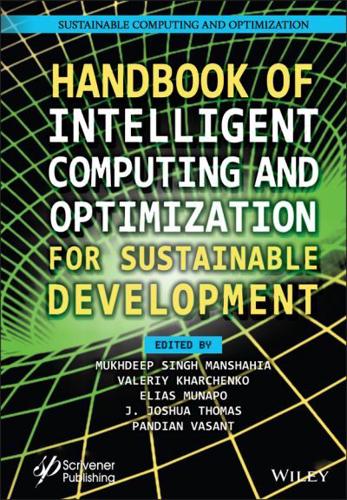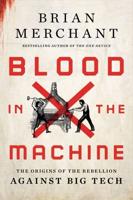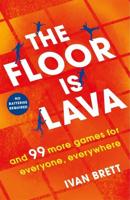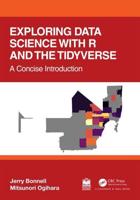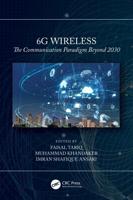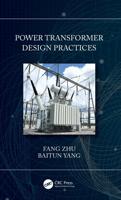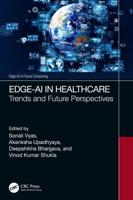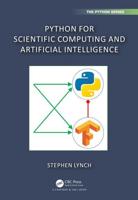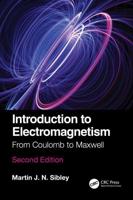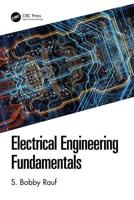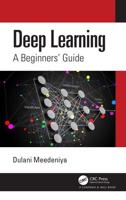Publisher's Synopsis
HANDBOOK OF INTELLIGENT COMPUTING AND OPTIMIZATION FOR SUSTAINABLE DEVELOPMENT
This book provides a comprehensive overview of the latest breakthroughs and recent progress in sustainable intelligent computing technologies, applications, and optimization techniques across various industries.
Optimization has received enormous attention along with the rapidly increasing use of communication technology and the development of user-friendly software and artificial intelligence. In almost all human activities, there is a desire to deliver the highest possible results with the least amount of effort. Moreover, optimization is a very well-known area with a vast number of applications, from route finding problems to medical treatment, construction, finance, accounting, engineering, and maintenance schedules in plants. As far as optimization of real-world problems is concerned, understanding the nature of the problem and grouping it in a proper class may help the designer employ proper techniques which can solve the problem efficiently. Many intelligent optimization techniques can find optimal solutions without the use of objective function and are less prone to local conditions.
The 41 chapters comprising the Handbook of Intelligent Computing and Optimization for Sustainable Development by subject specialists, represent diverse disciplines such as mathematics and computer science, electrical and electronics engineering, neuroscience and cognitive sciences, medicine, and social sciences, and provide the reader with an integrated understanding of the importance that intelligent computing has in the sustainable development of current societies. It discusses the emerging research exploring the theoretical and practical aspects of successfully implementing new and innovative intelligent techniques in a variety of sectors, including IoT, manufacturing, optimization, and healthcare.
Audience
It is a pivotal reference source for IT specialists, industry professionals, managers, executives, researchers, scientists, and engineers seeking current research in emerging perspectives in the field of artificial intelligence in the areas of Internet of Things, renewable energy, optimization, and smart cities.
